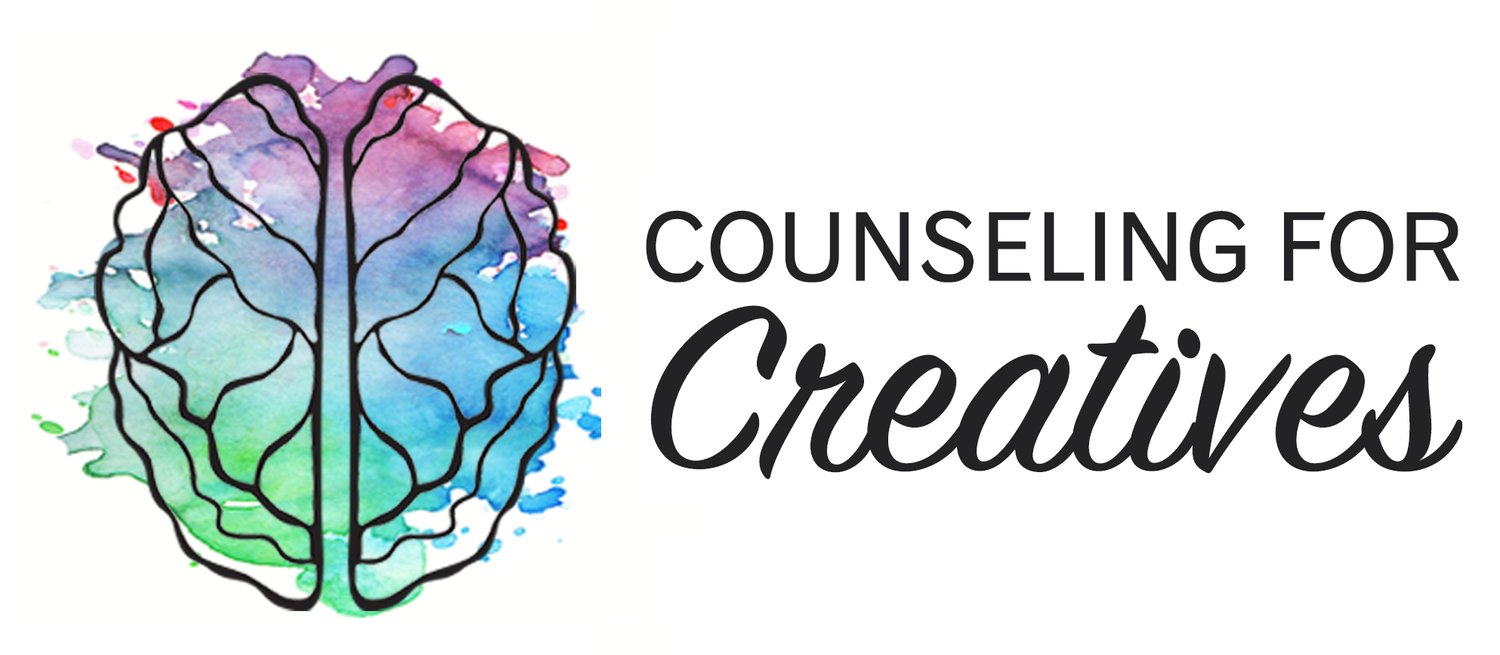Crazy or just creative? How mental health can be a matter of perception.
Ever stay up all night working on a creative project? So excited, it's all you think about, you obsess over it and have trouble focusing on anything but. You can barely sleep - IT'S JUST SO AWESOME! Ever feel terrible when your play, show, or art opening was over? You sink down, and often think "I should be happy, but I feel awful. I'm SO sad." You can't do anything and you just want to sleep.
Sadly, when some doctors and parents see this in children, they diagnose them with bipolar disorder or ADHD. And it seems to fit the bill: states of prolonged mania or hyperactivity, sometimes followed by states of depression. It all seems unmanageable and to an unwitting parent, it is probably very frightening. So kids end up on drugs like Ritalin or Lithium and often abandon their creative activities. Meanwhile the "disease" is still not gone, just "managed"... for the time being.
Creative adults usually understand the inevitable ups and downs of creative work. Sometimes they're hard for us to handle and we HATE those times when we can't think and create. But gifted children and their parents, teachers, and doctors don't see this roller coaster as "normal" (whatever that means). So they end up on really serious drugs for perhaps no good reason, other than to make those around them more comfortable.
Ever stay up all night working on a creative project? So excited, it's all you think about, you obsess over it and have trouble focusing on anything but. You can barely sleep - IT'S JUST SO AWESOME! Ever feel terrible when your play, show, or art opening was over? You sink down, and often think "I should be happy, but I feel awful. I'm SO sad." You can't do anything and you just want to sleep.
Sadly, when some doctors and parents see this in children, they diagnose them with bipolar disorder or ADHD. And it seems to fit the bill: states of prolonged mania or hyperactivity, sometimes followed by states of depression. It all seems unmanageable and to an unwitting parent, it is probably very frightening. So kids end up on drugs like Ritalin or Lithium and often abandon their creative activities. Meanwhile the "disease" is still not gone, just "managed"... for the time being.
Creative adults usually understand the inevitable ups and downs of creative work. Sometimes they're hard for us to handle and we HATE those times when we can't think and create. But gifted children and their parents, teachers, and doctors don't see this roller coaster as "normal" (whatever that means). So they end up on really serious drugs for perhaps no good reason, other than to make those around them more comfortable.
In 2008, a study came out on these types of children. Mahnaz Sadre and Linda Brock, fueled by other studies that link mental illness and creativity, presented five different case studies in which creatively gifted children and adolescents were previously diagnosed as having bipolar disorder or ADHD and given medication for their conditions. For the study, the authors provided the kids and their families with therapy that focused on their creative talents and educated parents about the creative process. In each case, the children improved significantly and eventually stopped taking most, if not all, of their psych meds.
This is a prime example of what I want to impart to people: mental health "problems" are often a matter of social dynamics. If we're told we are bad, wrong, crazy, stupid... we eventually believe we are and our brains physically change in accordance with that. However, we can change our brains and learn to think differently, behave differently, and interact differently. If we shift our perspectives, even just a little bit, we can drastically change our place in the world.
I'll give you some examples of how to do this in my next post! Meanwhile, I'd love to hear how perspective affects how you view yourself and the world.


